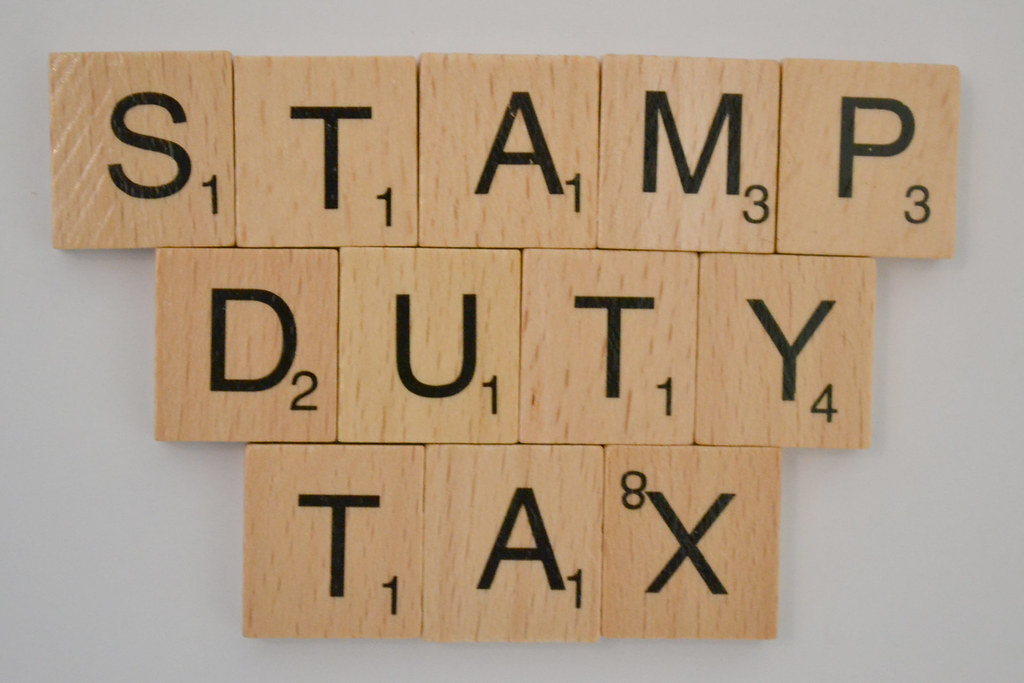Around 1.5 million people currently excluded from claiming support through the Self-Employment Income Support Scheme (SEISS) could “easily” be supported by the government at a modest cost, according to findings from the Institute for Fiscal Studies (IFS).
Support through the SEISS has so far been used to pay at least 2.6 million people, costing £21bn up to January 2021.
The scheme provides payments worth 80% of pre-pandemic profits up to a cap of £7,500 per quarter for eligible self-employed workers who have been adversely affected by the pandemic.
The IFS revealed that there are still approximately 1.8 million self-employed people and around 700,000 company owner-managers who are not eligible for support through the SEISS.
For some of these people, the IFS suggested it is “technically very difficult” for the government to provide targeted support, which is the case for owner-managers and newly self-employed people.
However, the findings indicated this is not the case for the 1.3 million self-employed people who have less than 50% of their income from self-employment, or the 225,000 people who have profits in excess of £50,000. The IFS claimed the government has “actively chosen to exclude these people” from the SEISS.
The independent researcher suggested there are “hard cut-offs” and “clear injustices” in the way these people are excluded from support.
For example, the findings highlighted that someone with income of £49,999 can claim the maximum available while someone with £50,001 can claim nothing. Equally, someone with 51% of declared income from self-employment can claim the maximum, but someone with 49% can again claim nothing.
“Millions of people are not eligible for support for a variety of reasons, leading to widespread frustration and many cases of hardship,” IFS senior research economist, Jonathan Cribb, commented.
“In particular, the government has arbitrarily excluded two groups from self-employed support – those with incomes of more than £50,000 and those with less than 50% of their income from self-employment. At relatively low cost the government could choose to extend the support scheme to both groups, particularly if they created a tapered support scheme for higher earners.”
IFS research economist, Isaac Delestre, added: “IFS analysis shows that costs of extending SEISS in full to over a million people with less than half their income from self-employment, and some support to those with incomes above the current £50k cut-off, would cost around £1bn per quarter, just 5% of the current cost of SEISS to date and just 1% of the combined current cost of SEISS and furlough schemes combined.
“Not all that money would be well targeted on those in need, but much of it would. Indeed, there is no reason to believe it would be much less well targeted than the current SEISS which has, remarkably, been taken up by more than three-quarters of the potentially eligible population.”
Latest News
-
Consumer finance lending totals £122bn in 2025
-
Metro Bank hits record growth in corporate and commercial lending
-
Intermediary confidence softens slightly in Q4 – IMLA
-
Record flows drive Quilter’s AUMA to £141bn
-
46% of IFAs in a network generate first commission in four weeks
-
Three fifths of cash ISA holders expect to not use full allowance
Mortgage Advice Bureau and AI in the mortgage sector
Chief executive officer at Mortgage Advice Bureau, Peter Brodnicki, and founder and managing director at Heron Financial, Matt Coulson, joined content editor Dan McGrath to discuss how Mortgage Advice Bureau is using artificial intelligence to make advancements in the mortgage industry, the limitations of this technology and what 2026 will hold for the market
Perenna and the long-term fixed mortgage market

Content editor, Dan McGrath, spoke to head of product, proposition and distribution at Perenna, John Davison, to explore the long-term fixed mortgage market, the role that Perenna plays in this sector and the impact of the recent Autumn Budget
NEW BUILD IN FOCUS - NEW EPISODE OF THE MORTGAGE INSIDER PODCAST, OUT NOW

Figures from the National House-Building Council saw Q1 2025 register a 36% increase in new homes built across the UK compared with the same period last year, representing a striking development for the first-time buyer market. But with the higher cost of building, ongoing planning challenges and new and changing regulations, how sustainable is this growth? And what does it mean for brokers?
Does the North-South divide still exist in the UK housing market?

What do the most expensive parts of the country reveal about shifting demand? And why is the Manchester housing market now outperforming many southern counterparts?
In this episode of the Barclays Mortgage Insider Podcast, host Phil Spencer is joined by Lucian Cook, Head of Research at Savills, and Ross Jones, founder of Home Financial and Evolve Commercial Finance, to explore how regional trends are redefining the UK housing, mortgage and buy-to-let markets.
In this episode of the Barclays Mortgage Insider Podcast, host Phil Spencer is joined by Lucian Cook, Head of Research at Savills, and Ross Jones, founder of Home Financial and Evolve Commercial Finance, to explore how regional trends are redefining the UK housing, mortgage and buy-to-let markets.
© 2019 Perspective Publishing Privacy & Cookies









Recent Stories